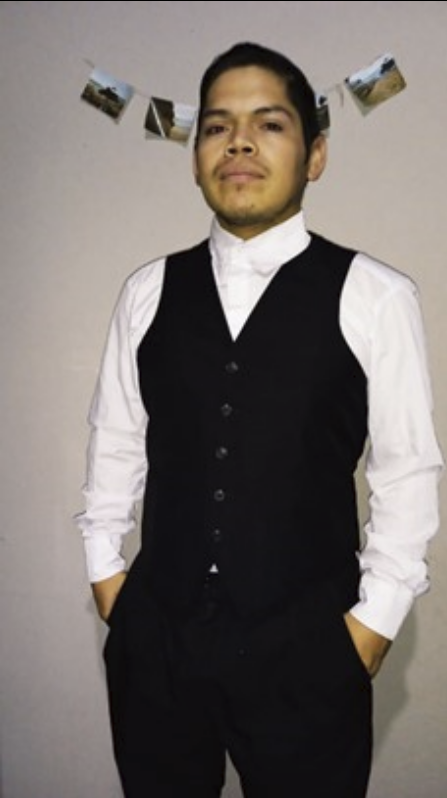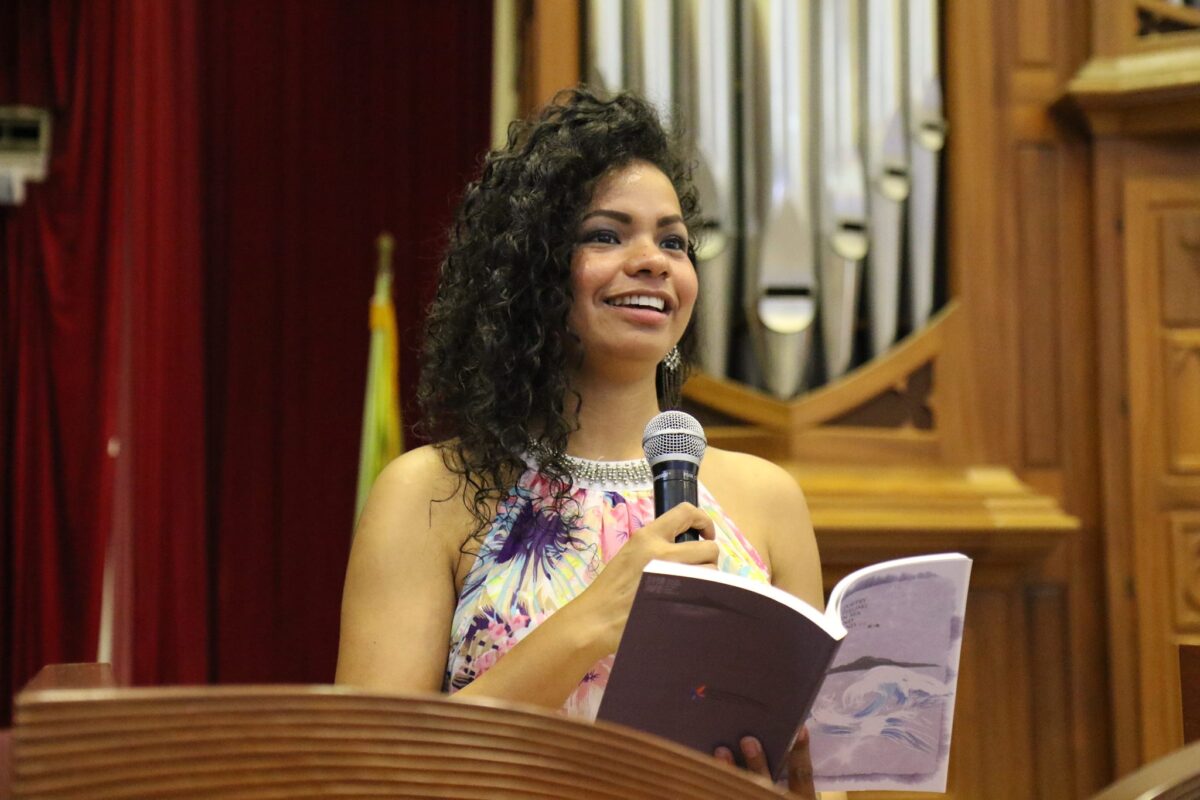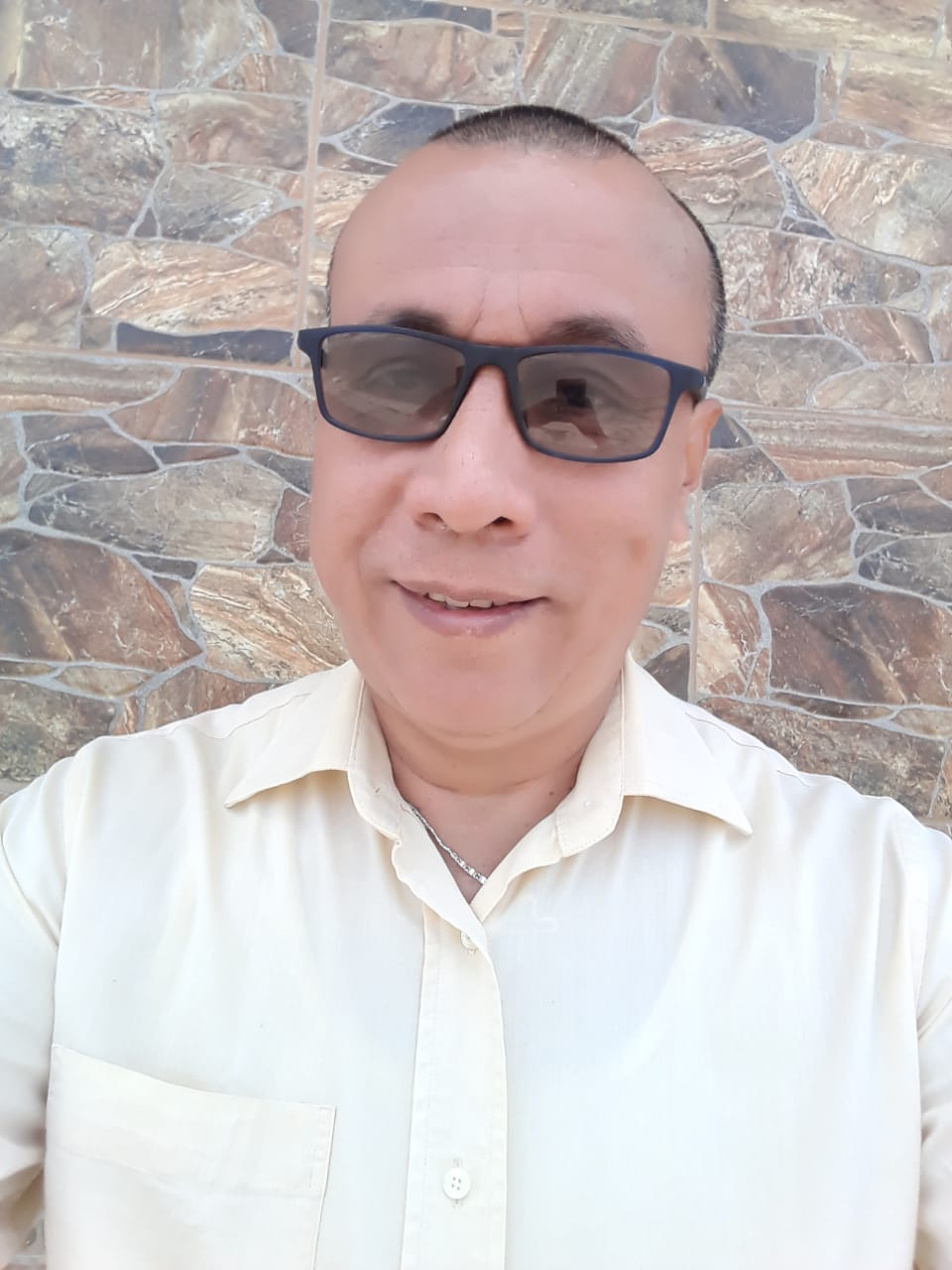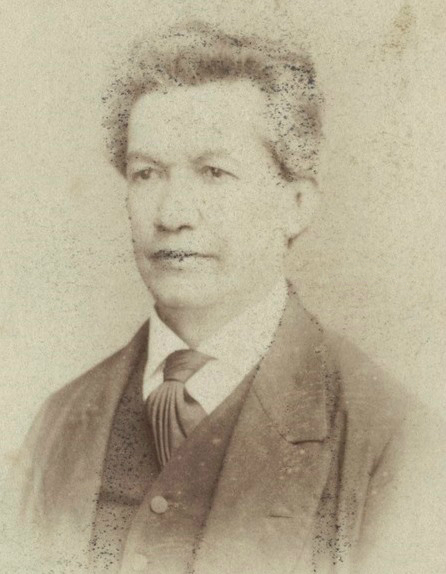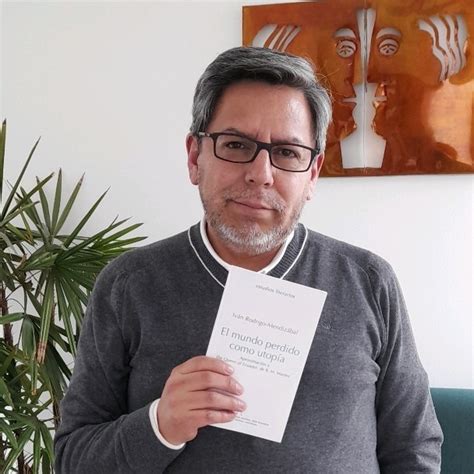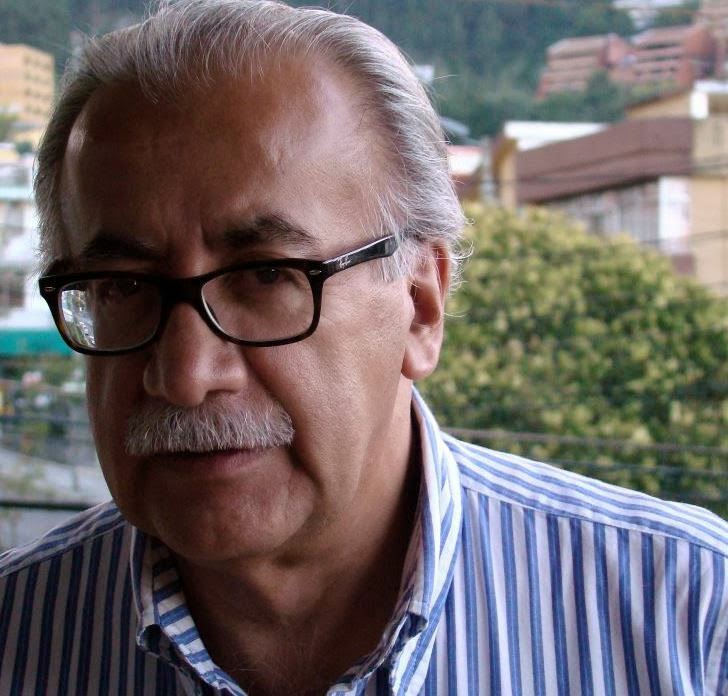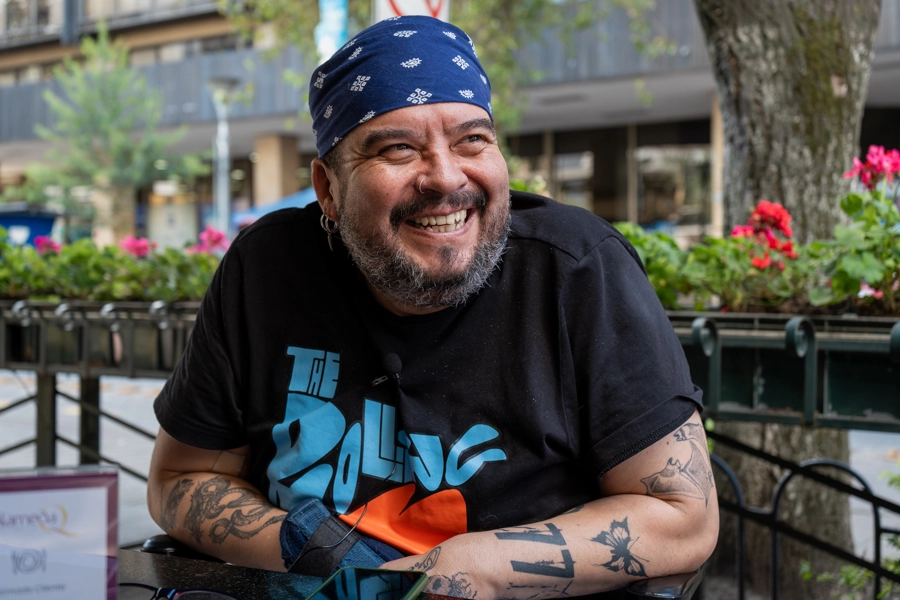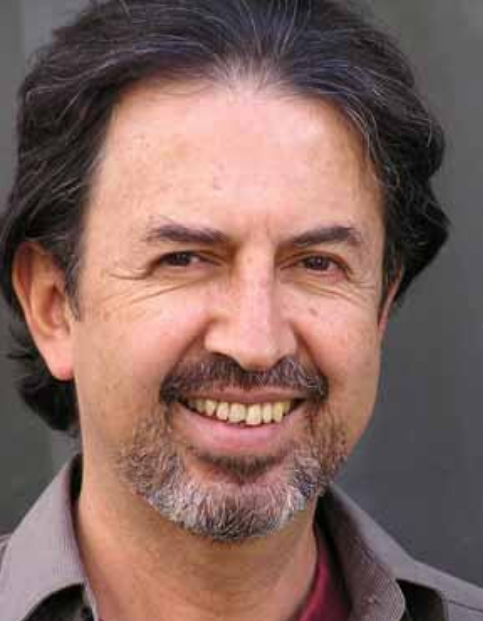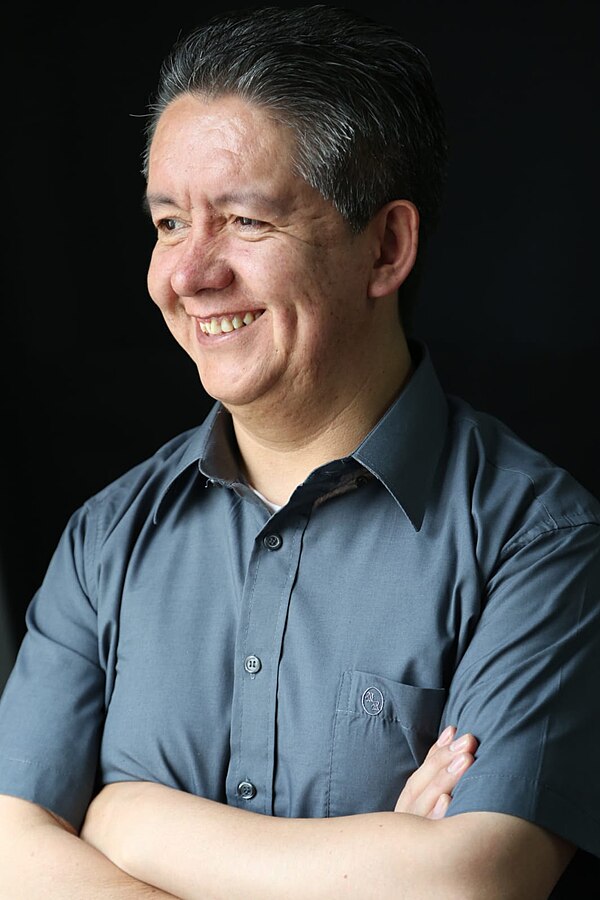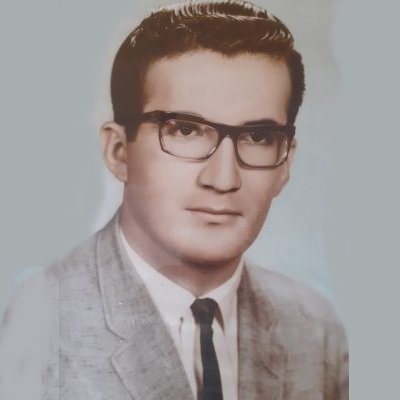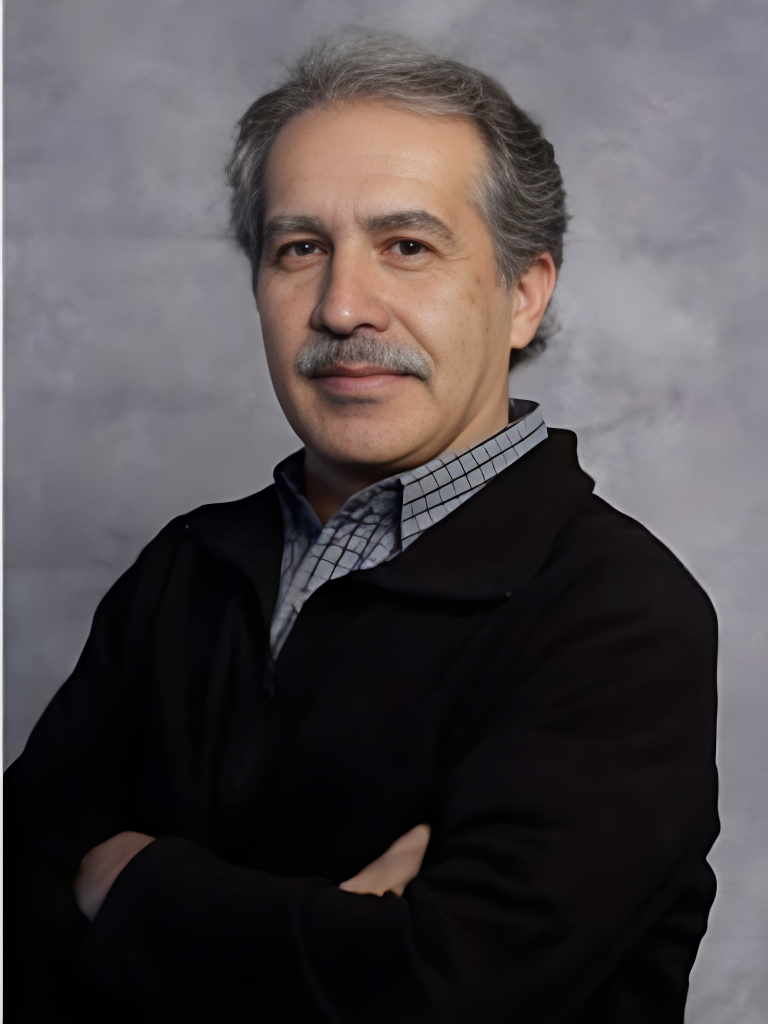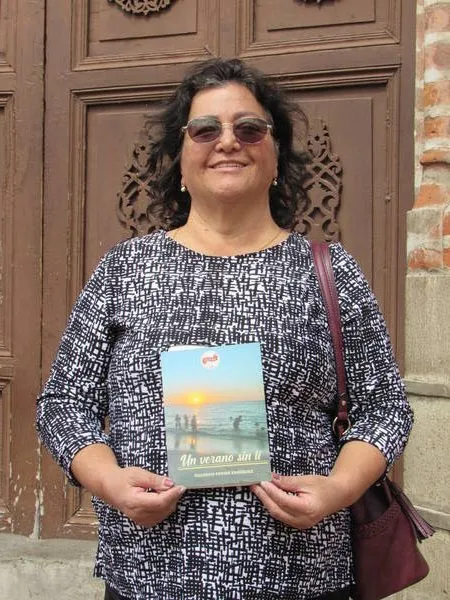Sergio Luis Aguilar Cuenca (Machala, 1990) is an Ecuadorian poet, cultural producer, and tourism manager. Known for his evocative and metaphor-rich poetry, Aguilar has won numerous literary awards, including first place in the III National Poetry Contest David Ledesma (2020) and the I Poetry Contest “Cántale al Cusco” (2021). He has organized cultural events such as the Festival Tour Poético “Cuna de Culturas Santa Elena 2019” and has been recognized for his contributions to the arts by the Casa de la Cultura Ecuatoriana Núcleo Provincial Santa Elena. His works have been featured in various anthologies and online platforms.
Continue reading “Sergio Luis Aguilar”Posts
María Fernanda Portés Valencia
María Fernanda Portés Valencia, known by her pseudonym Nefer PorVa (Guayaquil, Ecuador, January 19, 1987), is an award-winning writer and cultural manager who explores ecological, erotic, romantic, and experiential poetry, as well as children’s literature. Her notable work includes En el aire hay sexo (“There Is Sex in the Air”), a collection of erotic poetry. She is the founder of the Fundación de Integración Social y Desarrollo Humano Sostenible (FISDACE) and Círculo Artístico Cultural Brújula, promoting social and cultural projects in marginalized communities. Recognized internationally as a Peace Ambassador, she has received numerous accolades for her literary work. She has also worked as a First Officer in Ecuador’s Merchant Navy and as an engineer in Transport Administration and Maritime Ports.
Continue reading “María Fernanda Portés Valencia”César Carbache Mora
César Arturo Carbache Mora (Guayaquil, July 24, 1965) is an Ecuadorian cultural promoter, professor, and poet. He holds degrees in Social Communication, Higher Education, and Digital Communication, and is a doctoral candidate in Audiovisual Communication at the Universidad Complutense de Madrid. Carbache has published several poetry collections, including Desde lo alto del insomnio (1993; “From the Height of Insomnia”) and Antología poética 1993-2006 (2007; “Poetic Anthology 1993-2006”). He is a professor at the Universidad Laica Eloy Alfaro de Manabí and founder of ULEAM Bahía Magazine, contributing significantly to the fields of education, culture, and communication in Ecuador.
Continue reading “César Carbache Mora”Pedro Fermín Cevallos
Pedro Fermín Cevallos Villacreses (Ambato, July 7, 1812 – Quito, May 21, 1893) was an Ecuadorian historian, lawyer, and politician known for his significant contributions to the country’s historiography and legal system. A key figure in 19th-century Ecuador, he authored the six-volume Resumen de la Historia del Ecuador desde su origen hasta 1845 (1870; “Summary of the History of Ecuador from its Origin until 1845”), the first comprehensive account of the nation’s history. Initially a liberal, he later shifted towards conservatism and served as Minister of Government and Foreign Relations, as well as a Supreme Court judge. Cevallos was also the first president of the Ecuadorian Academy of Language, playing a vital role in Ecuador’s intellectual development.
Continue reading “Pedro Fermín Cevallos”Iván Rodrigo Mendizábal
Iván Rodrigo Mendizábal (La Paz, Bolivia, 1961) is a Bolivian scholar, researcher, and professor specializing in communication, semiotics, and Latin American science fiction. He moved to Ecuador in 1992, where he has since worked as a professor and researcher, earning a doctorate in Latin American Literature and a master’s degree in Cultural Studies from the Universidad Andina Simón Bolívar (UASB) in Quito. Mendizábal teaches at UASB, focusing on visual communication, discourse analysis, and the intersection of technology and literature. He is the author of numerous academic works, including Máquinas de pensar (“Thinking Machines”) and Imaginaciones científico-tecnológico letradas (“Literate Scientific-Technological Imaginations”), and is recognized for his pioneering research on Ecuadorian science fiction.
Continue reading “Iván Rodrigo Mendizábal”Antonio Correa Losada
Antonio Correa Losada (Pitalito, Colombia, 1950) is a Colombian-born poet, essayist, editor, and cultural manager residing in Ecuador. He has published numerous works of poetry, including El vuelo del cormorán (1989; “The Flight of the Cormorant”) and Desolación de la lluvia (1997; “Desolation of the Rain”), as well as essays and chronicles such as Crimen y castigo o la expiación que no cesa (2001; “Crime and Punishment or the Unending Atonement”) and Un camino abierto (2002; “An Open Path”). With a career spanning Mexico, Colombia, and Ecuador, Correa Losada has been an influential figure in publishing and cultural events, earning Ecuadorian citizenship in 2008 for his contributions to the country’s literary scene.
Continue reading “Antonio Correa Losada”Juan Secaira Velástegui
Juan Secaira Velástegui (Quito, Ecuador, 1971) is a poet, essayist, and visual artist whose work delves into themes of suffering, resilience, and personal transformation. He has published several critically acclaimed poetry collections, including Construcción del vacío (2009; “Construction of the Void”) and No es dicha (2012; “It Is Not Happiness”), which won the Jorge Carrera Andrade National Poetry Prize. In recent years, Secaira has adapted his creative process in response to his diagnosis of Amyotrophic Lateral Sclerosis (ALS), incorporating visual art into his body of work. His 2023 collection Eclipsa los arribos (“Eclipses the Arrivals”) earned him the Paralelo Cero Poetry Prize, further cementing his legacy as one of Ecuador’s most poignant contemporary voices.
Continue reading “Juan Secaira Velástegui”Alexis Naranjo
Alexis Naranjo Banda (Quito, 1947) is an Ecuadorian poet, university professor, art critic, and translator. He earned a Master’s degree in Linguistics from the University of Paris VIII and has published several notable poetry collections, including Profanaciones (1988; “Profanations”) and La piel del tiempo (1998; “The Skin of Time”), which won the Jorge Carrera Andrade National Prize. His work is known for its philosophical depth and rich language, influenced by both Latin American and Ecuadorian literary traditions. Naranjo’s poetry often explores themes of existence, spirituality, and the human condition.
Continue reading “Alexis Naranjo”César Molina Martínez
César Molina Martínez (Cañar, 1965) is an Ecuadorian poet and public servant currently residing in Chicago. He holds a degree in Political Science from the University of Cuenca and has served in various public roles, including as a councilman for the Municipality of Cuenca. His poetry, often exploring themes of exile, migration, and identity, has earned significant recognition, including the Premio Nacional de Poesía Jorge Carrera Andrade for Catholic Splendor (2000) and the Premio Nacional de Poesía César Dávila Andrade for Código de extranjería (2007). Molina Martínez’s work, known for its narrative intensity and biblical references, reflects his experiences living between Ecuador and the United States.
Continue reading “César Molina Martínez”Gustavo Salazar Calle
Gustavo Salazar Calle (Quito, Ecuador, October 3, 1966) is an Ecuadorian bibliographer, literary researcher, and historian. A corresponding member of the Academia Ecuatoriana de la Lengua since 2021, Salazar has dedicated over three decades to studying Ecuadorian and Ibero-American literature, with a focus on influential figures such as Benjamín Carrión and Rubén Darío. He has published 23 books, numerous scholarly articles, and has played a key role in the preservation of historical archives, including the Ecuadorian Consulate in Madrid and the Gaceta Judicial. His work continues to contribute significantly to the fields of literary and historical research in Latin America.
Continue reading “Gustavo Salazar Calle”Flame on the Corner by Marco Antonio La Mota
Translated to English by Richard Gabela on September 26, 2024, from the original work “LLAMA EN LA ESQUINA” by Marco Antonio La Mota (Unknown–1946) of Guayaquil, Ecuador. I have translated the title of the poem as “Flame on the Corner.”
Continue reading “Flame on the Corner by Marco Antonio La Mota”David Acosta Herrera
David Acosta Herrera (Quito, Ecuador, November 8, 1986) is an Ecuadorian poet, writer, and cultural activist. Founder of the collective eLeLLo (Anarquía, Arte y Ciencia), Acosta promotes artistic engagement through workshops, events, and community projects. His first poetry collection, Termineternal, published by El Ángel, explores surrealism and symbolism in a poetic journey from life to death. He won first prize in the Certamen de Invierno – Poesía libre in Córdoba, Argentina, in 2018 for his poem Aztra. His latest work, El clamor de una nuez que se parte en silencio, was published in 2023.
Continue reading “David Acosta Herrera”Jacinto Santos Verduga
Jacinto Santos Verduga (Bahía de Caráquez, September 16, 1944 – Guayaquil, December 2, 1967) was an Ecuadorian poet known for his emotionally charged and existentially reflective works. Despite his short life, Chintolo, as he was affectionately called, published three notable poetry collections: Testimonio (1965), La Llaga Insomne (1967), and Con Los Días Contados (1967). His poetry, marked by themes of nostalgia, sorrow, and a deep contemplation of life and death, continues to be celebrated posthumously, with unpublished poems discovered decades after his death contributing to his enduring literary legacy.
Continue reading “Jacinto Santos Verduga”Pablo Guerrero Gutiérrez
Fidel Pablo Guerrero Gutiérrez (Quito, Ecuador, November 1, 1962) is a prominent Ecuadorian musical historian, researcher, and author. With over 30 years of experience in the field, Guerrero has written more than 20 books on Ecuadorian music, including the comprehensive Enciclopedia de la música ecuatoriana. He studied at the Conservatorio Nacional de Música and holds a degree in Musical Pedagogy from the Universidad Técnica de Manabí. Guerrero is the founder of the Corporación Musicológica Ecuatoriana (CONMÚSICA) and has been recognized by the Academia Nacional de Historia for his extensive contributions to preserving Ecuador’s musical heritage.
Continue reading “Pablo Guerrero Gutiérrez”Socorro Freire Enríquez
Socorro Freire Enríquez (Riobamba, October 27, 1953) is an Ecuadorian writer, poet, and educator known for her contributions to literature and education. She holds advanced degrees in pedagogy and educational management, and has served as a professor and literacy advocate at the Universidad Nacional de Chimborazo. A recipient of numerous literary awards, including the Benjamín Carrión Prize, she has published poetry, essays, and short stories in works such as “Voces Azules a Vuelo de Pájaro”. She is also the founder of the Association of Contemporary Writers of Ecuador and an active member of international literary organizations.
Continue reading “Socorro Freire Enríquez”
